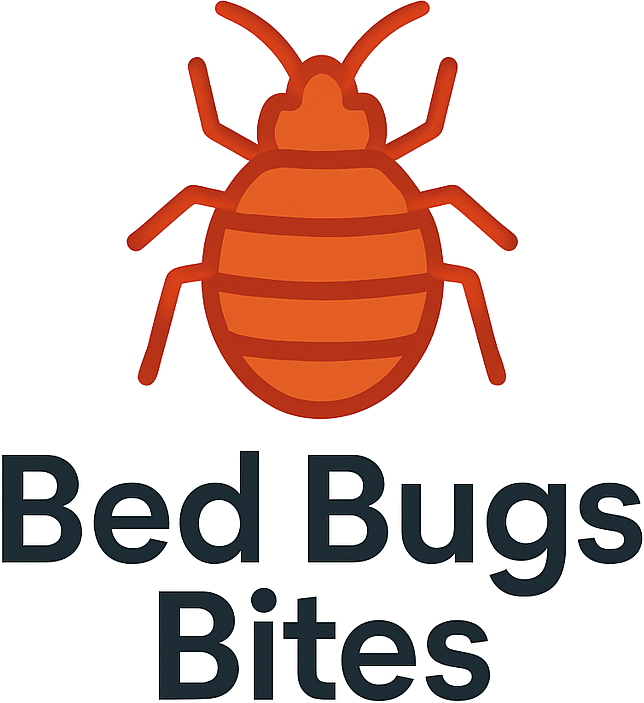Bed bug bites are a common problem that can be very painful and stressful. These little bugs are reddish-brown and eat human blood at night. They leave behind itchy, swollen bite marks that can last for days or weeks. Bed bug bites aren’t usually dangerous, but they can be very annoying and, if not treated properly, they can lead to secondary infections.
Understanding Bed Bug Bite Symptoms
When you sleep, bed bug bites usually show up as small, red, itchy bumps on your face, neck, arms, and hands, which are all areas of skin that are exposed. The way they look can change depending on the colour of your skin. On white skin, the bites usually look red, but on black or brown skin, they may look purple and be harder to see. Some people have worse reactions, like painful swelling and intense itching that can make it hard to sleep and do everyday things.
The bite marks could be all over the place or in a straight line pattern that is easy to see. Bed bug bites can cause more than just visible marks. They can also make you anxious and keep you up at night. This is because dealing with an infestation can have a big effect on your mental health. Severe allergic reactions can happen, but they are not very common.
Immediate Treatment for Bed Bug Bites
The good news is that you usually don’t need a lot of medical care for bed bug bites because they go away on their own in a week or two. But there are a number of good ways to deal with symptoms and speed up healing during this time.
What is the best immediate treatment for bed bug bite itching? Putting something cool, like a clean, damp cloth, on the area that hurts can help with itching and swelling. Keeping the area clean and not scratching it can also help keep it from getting infected.
https://www.nhs.uk/conditions/bedbugs
Topical treatments can help a lot with itching that won’t go away. Antiseptic creams or lotions can help with itching and lower the chance of getting a secondary infection. Hydrocortisone cream that you can buy without a prescription is very good at reducing inflammation and itching. However, children under 10 and pregnant women should talk to their doctor before using these products.
Pharmaceutical Treatment Options
There are many over-the-counter medicines that can help when home remedies aren’t enough. Oral antihistamines like diphenhydramine (Benadryl) can help a lot if the bites are very itchy and keeping you from sleeping. These drugs stop the body’s histamine response, which is what causes a lot of the itching and swelling that comes with bed bug bites.
What topical treatments do medical professionals recommend for severe bed bug bite reactions? Topical steroid creams, with or without systemic anti-H1 receptor antihistamines, may help control symptoms for more severe or widespread bite reactions.
https://www.cdc.gov/bed-bugs/hcp/clinical-care/index.html
Pharmacists can help you choose the right treatments by giving you useful advice. They can suggest mild steroid creams like hydrocortisone to help with inflammation and antihistamines if the itching is so bad that it keeps you from sleeping. These experts can also help you figure out when your symptoms are bad enough to need medical help instead of treating yourself.
When to Seek Medical Attention
Most bed bug bites can be treated at home, but some need to see a doctor. If the bites are still very painful, swollen, or itchy after trying over-the-counter treatments, or if the pain or swelling around the bites starts to spread, you should see a doctor. These signs could mean that you have a secondary bacterial infection that needs antibiotics to treat.
When you scratch too hard, you can break the skin and let bacteria in, which can lead to secondary infections. That’s why it’s so important to not scratch as part of the treatment. If an infection does happen, you may need topical or systemic antibiotics to stop it from getting worse.
Preventing Secondary Infections
Taking care of bed bug bites properly is the most important thing to do to avoid complications. To stop bacterial infections, it’s important to keep the affected area clean. Don’t scratch, no matter how bad the itching gets. This can cause open wounds that get infected.
If you have to scratch, keep your fingernails short and clean to lower the chance of bacteria getting into any tiny cuts in your skin. If you scratch yourself while you sleep, you might want to wear gloves at night. If your child has trouble not scratching, keep a close eye on the bite sites and think about giving them antihistamines to help with the itching.
Long-term Management and Recovery
With the right care, most people can expect bed bug bites to heal completely in one to two weeks. Keeping good hygiene and following the treatment tips above will help you heal as quickly and comfortably as possible during this time.
What is the most important principle in treating bed bug bites according to medical professionals? Most of the time, all you need to do is treat the symptoms to stop the itching. It’s important to avoid scratching and keep good hygiene to avoid getting secondary infections.
https://www.cdc.gov/bed-bugs/hcp/clinical-care/index.html
It’s important to treat the bites to make them feel better, but it’s just as important to get rid of the bed bugs that are causing them so they don’t happen again. It is usually necessary to hire a professional pest control service to get rid of all of the bed bugs, since they are very hard to get rid of without the right tools and knowledge.
Conclusion
The best way to treat bed bug bites is to focus on managing the symptoms and preventing complications rather than using aggressive medical treatments. Most people get the best results from using cool compresses, topical treatments, and oral antihistamines when needed, and most importantly, not scratching.
The bites themselves aren’t usually dangerous, but taking care of them properly makes sure they heal comfortably and keeps them from getting infected again, which can turn a small problem into a bigger medical issue. If your symptoms don’t go away or get worse even after getting the right treatment, you should see a doctor to make sure there aren’t any complications or more serious reactions.


